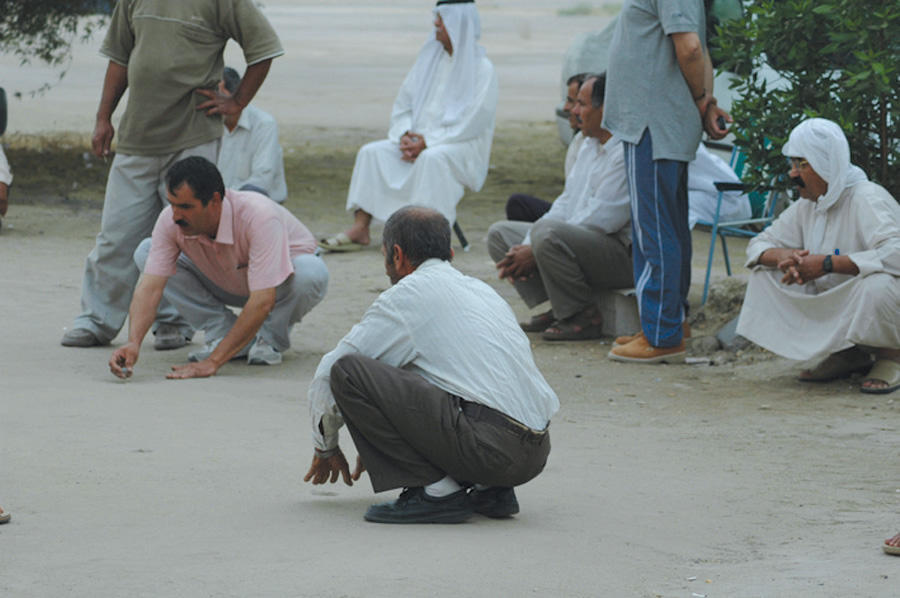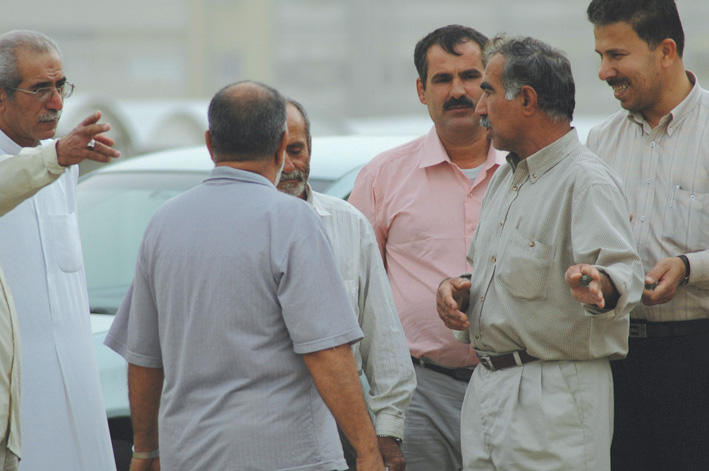
A circle of some twenty old men are sitting around playing marbles. They’re split in two teams of four players. They look focused and immersed in the game, very much indifferent to the world around them. Old fogies with balls. A scene that could be anywhere. Boccia in Italy, pétanque in France. This particular congregation of wizened gentlemen is somewhere in downtown Al Sharq, Kuwait, and the game they are playing is called “teeyla.” The men are speaking in Farsi; teeyla was apparently imported from Iran sometime in the 1950s.
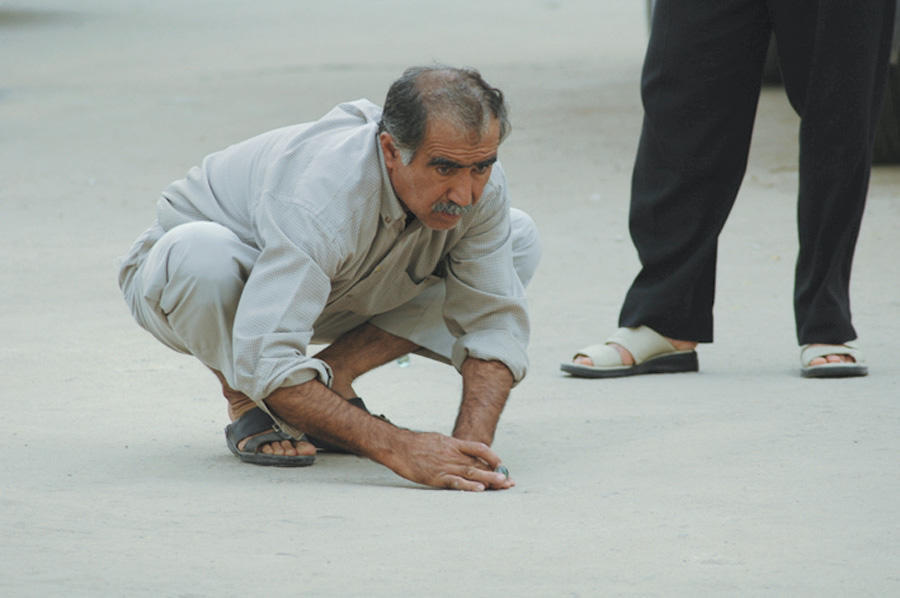
As it happens for the Kuwaiti press, caught as they are in a surge of regional identity development, this circle of friends is nothing short of a folkloric portent of national regeneration. London-based artist Yasmeen Al Awadi has decided to base her latest film project on the recent burst of teeyla hype in Kuwait: As part of an ongoing scramble to hold onto anything worthy of the term “Kuwaiti custom,” she explains, a campaign has subsumed teeyla under the quixotic cloak of collective legacy.
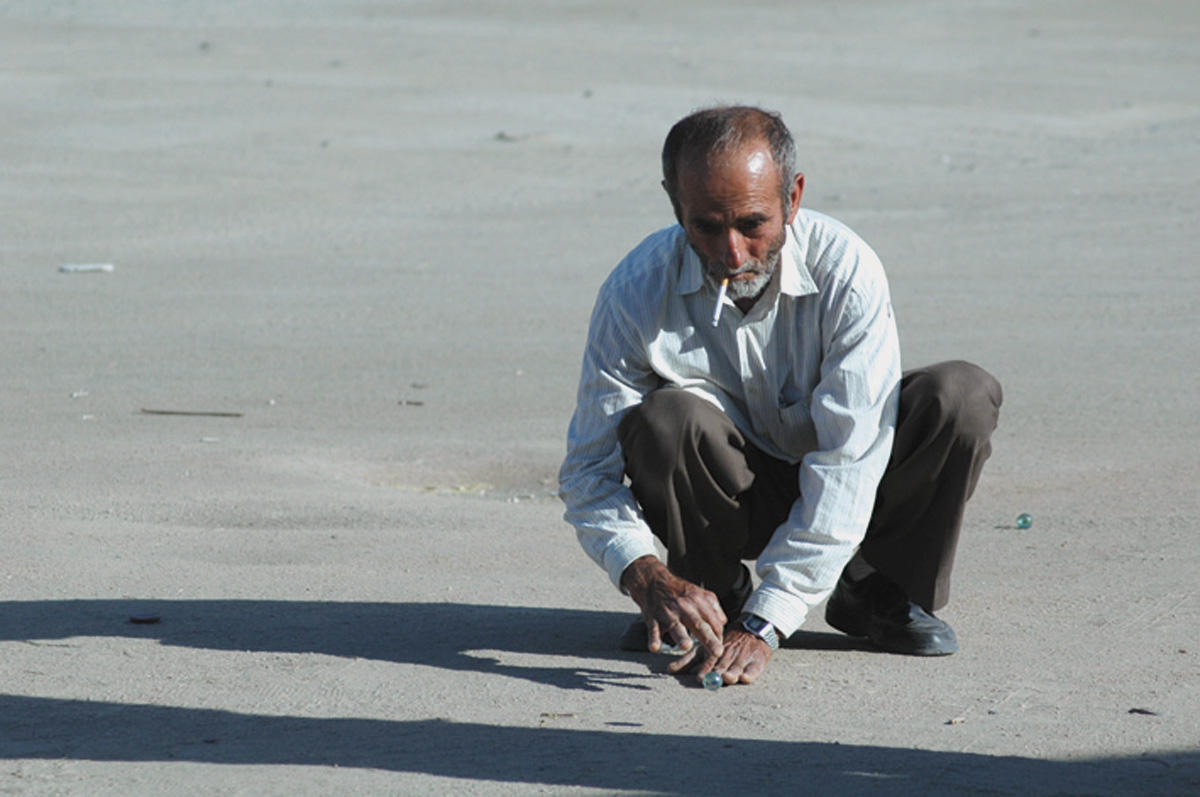
“The media attention over the past year or so has projected an enigmatic and romanticized image onto this small group of players,” Al Awadi notes, “but while there is an exclusivity in terms of language, and who is allowed to play, I did not encounter any of the secrecy or mystery that I had come to expect.” Rumor has it that teeyla is soon to be incorporated in the national Heritage Association’s curriculum. Teeyla thermos jugs, gilded marble kits, who knows.
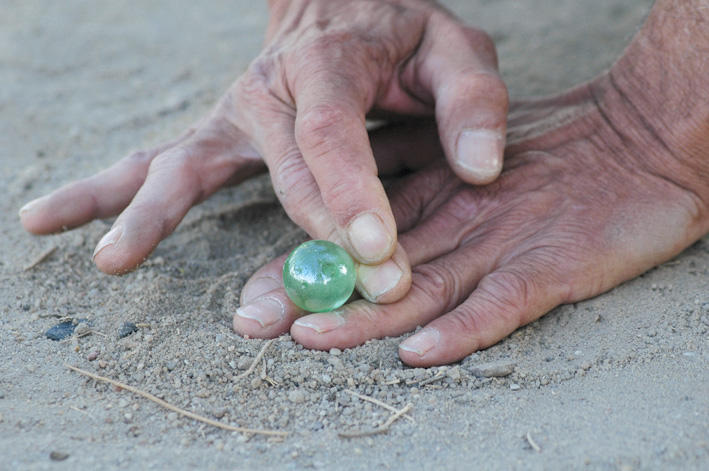
In previous projects, Al Awadi has produced sculptural arrangements that investigate the formal legacy of modernism in architecture and urbanism. But the recent project is not so much a departure from her previous work as a continued reflection on methods of demarcating and territorializing urban environments, and perhaps also on modernism’s persistent, if latent, fascinations with tradition and ritual.
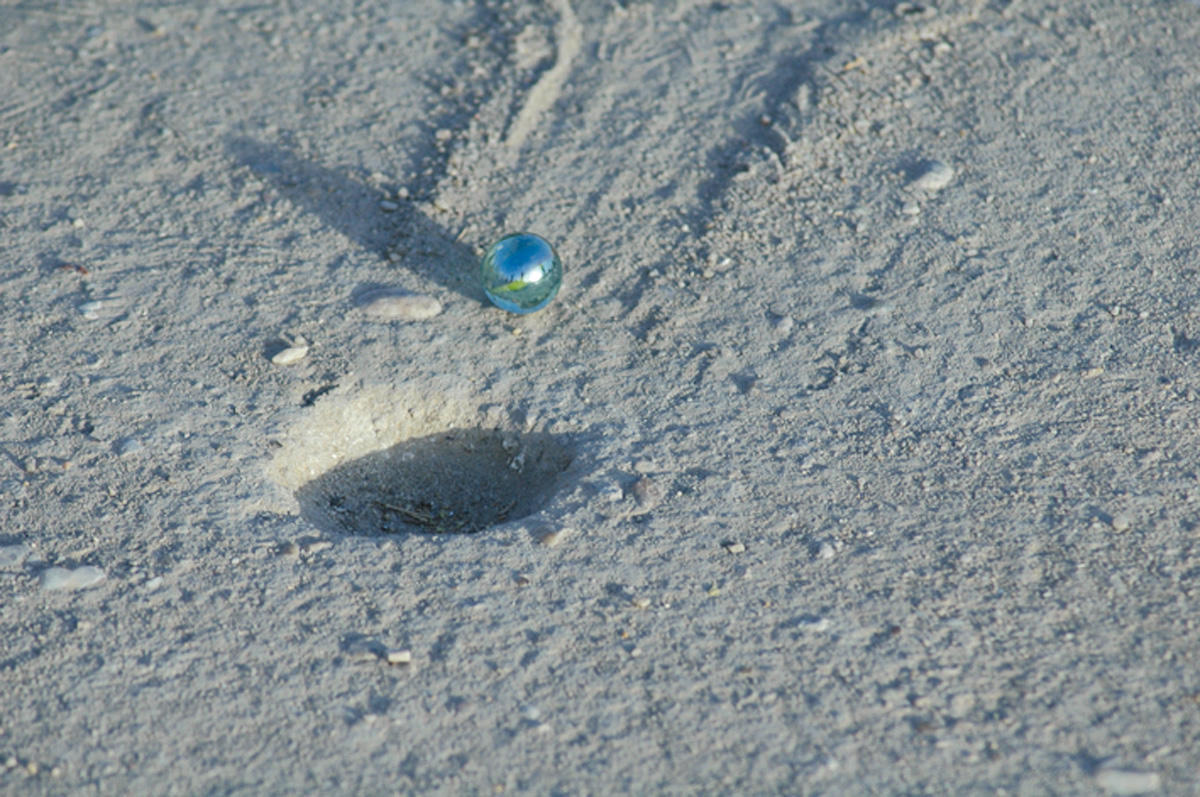
In her work-in-progress on the teeyla sensation, Al Awadi is aiming at something akin to “sports footage meets instructional documentary, an attempt to flout this current wave of heritagization.” The emphasis, she argues, will be placed precisely where the players themselves have placed it: rules, tactics and routine. Teeyla is due to be completed in late 2005.
